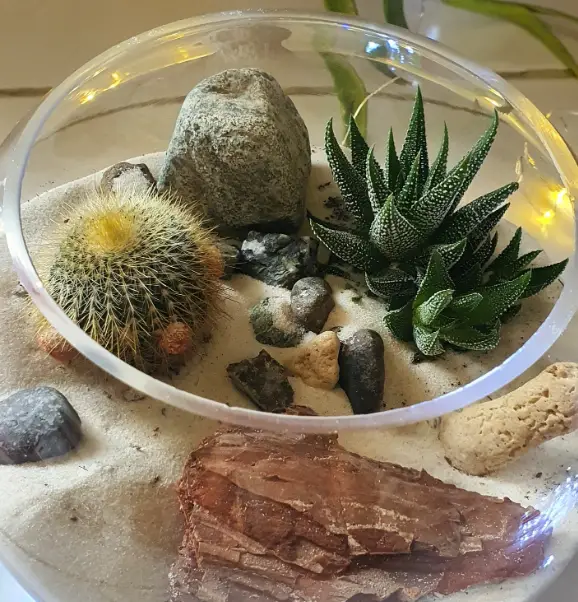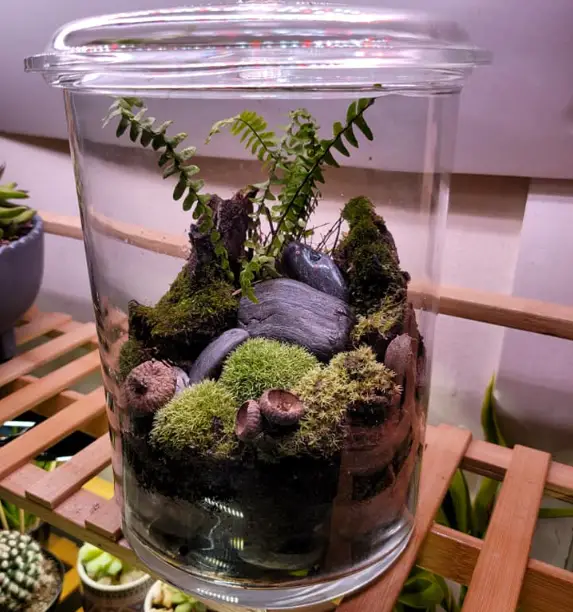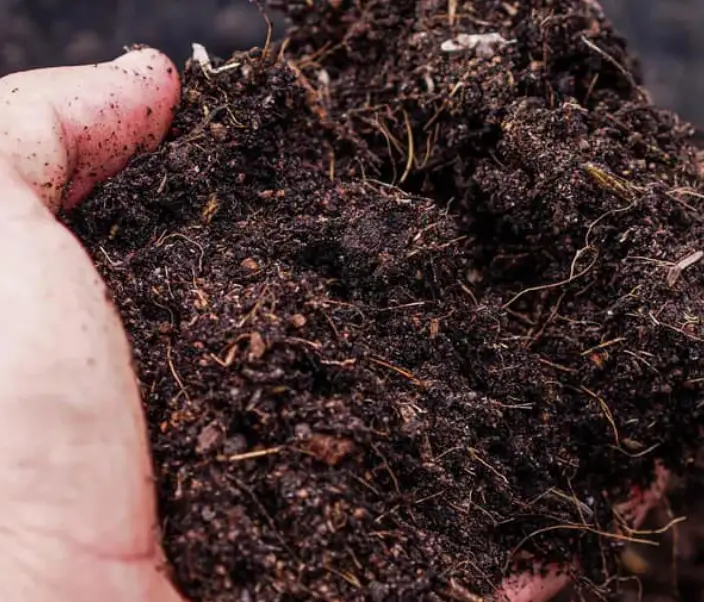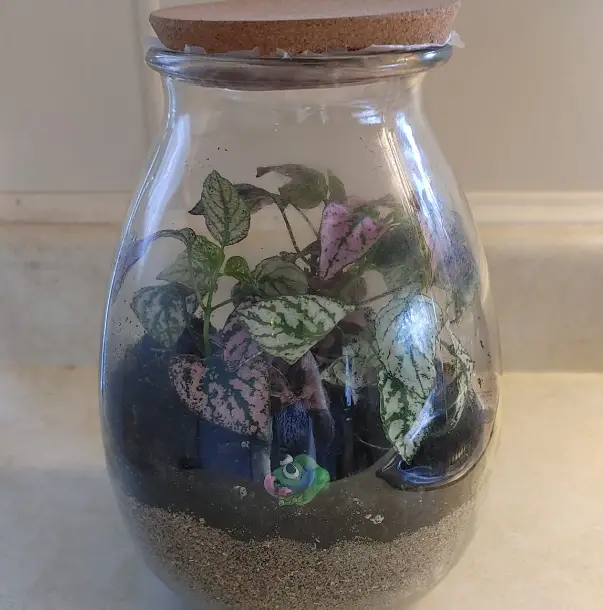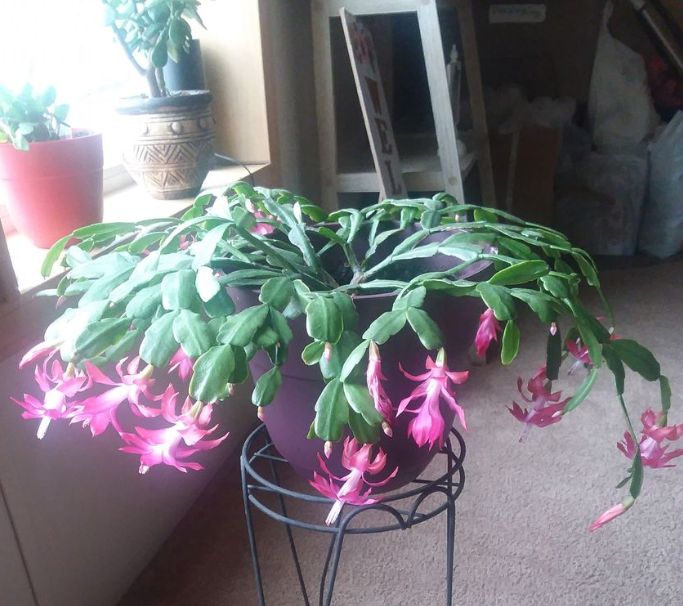Worm Casting Tea Benefits and How to Make
Worm casting tea has proven effective in improving the health and vigor of plants. It can help to boost plant growth, improve flowering, and boost resistance to pests and diseases. Worm tea is a safe and all-natural fertilizer that can benefit any type of plant including cacti and succulents.
This fertilizer tea is made by adding worm castings to water and steeping the mixture for several hours. Worm castings manure also known as vermicast is the excrement of earthworms and they are highly saturated with nutrients that are beneficial to plants.
Worm casting tea is directly absorbed by the plant roots and tends to give immediate results. It is more powerful in many ways as compared to traditional compost tea. Using worm castings on plants directly is also beneficial as it provides a slow release of nutrients over a longer period of time.
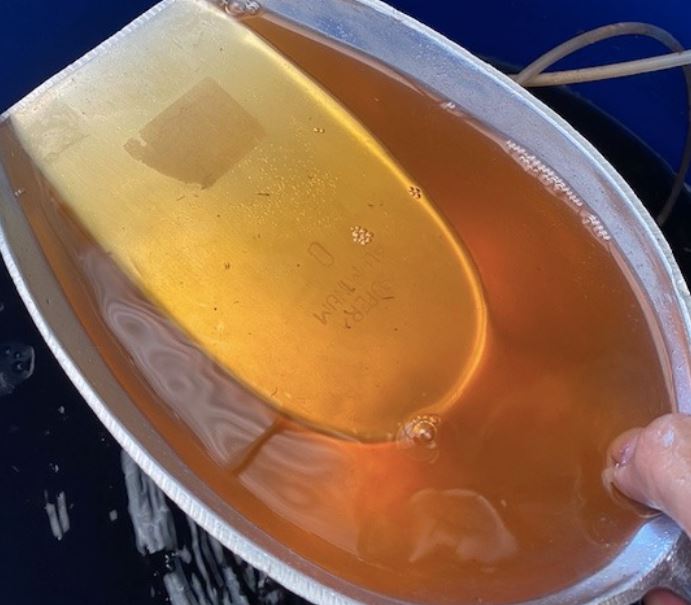
Worm casting tea – Benefits
According to Australia’s Griffith University, worm castings have all the nutrients that plants need. They are rich in nitrogen, phosphorus, potassium, magnesium, calcium, and sulfur. Micronutrients like zinc, iron, borax, copper, and manganese are also present.
Since worm casting tea is an extract of these worm excrements, it comes in a form that plants can instantly use. The following are key benefits of using worm casting tea on your plants.
- Worm castings contain beneficial microbes that help to improve soil health by breaking down organic matter, improving drainage, and aerating the soil.
- Worm casting tea can help to reduce plant stress by providing important nutrients and improving the soil structure for proper flow of air and water.
- Worm casting tea can help to increase plant productivity including flowers and fruits.
- Some studies have shown that using worm casting tea can enhance the flavor and aroma of fruits and vegetables. This is likely due to the increased nutrient availability and improved soil health that worm castings provide.
- Using worm castings also improves plant resistance to pests and diseases. This helps in reducing the cost of production for more yields.
- Since worm castings are natural, it is safe to use on plants and around children and pets. There is no fear of the fertilizer burning the plants or harming animals.
According to the National Center for Biotechnology Information (NCBI), soils with low organic matter and microbial activity are easy targets for plant root diseases and the addition of organic amendments like vermicompost can enhance plant growth and suppress the population of plant pathogens and pests.
How to make worm casting tea
You can purchase worm castings from a nearby garden center or online retailers but you can also get satisfaction in making your own although it takes time. A blog by the UC Master Gardeners of Stanislaus County has some helpful tips on vermicomposting.
Things you’ll need to make worm casting tea:
- 1 gallon of water
- 1 cup of worm castings
- A porous bag or cheesecloth
- A spray bottle
- A bucket (5-gallon)
Instructions:
- Fill a bucket with 1 gallon of water (Use rainwater, pond, or distilled water)
- Place the worm castings in a mesh bag or cheesecloth and tie it closed.
- Place the mesh bag or cheesecloth containing worm castings in the water.
- Let the worm castings sit in the water overnight.
- Remove the compost bag and pour the mixture into a spray bottle.
- Dilute the worm casting tea with some water in a ration 1.3.
- Use the worm casting tea immediately to water your plants. Be sure not to overwater your plants.
To see great results, use worm casting tea regularly. You can apply it once a week or twice a month, depending on the needs of your plants. The effectiveness of worm casting tea declines with time, so it’s best to use it within 24 to 48 hours of making it.
Note: Worm tea should not be used as a complete substitute for regular fertilizers. It is entirely used as a supplement to help boost the health of plants and improve soil structure.
Worm casting tea vs compost tea
Worm casting tea and compost tea are both liquid fertilizers that are made by steeping organic matter in water. However, they have differences in the concentration of nutrients and how they deliver the results.
As said, Worm casting tea is made from steeping worm castings, which are the excrement of earthworms. Worm castings are extremely rich in nutrients and beneficial microbes, which can help to improve the health and vigor of plants and soil.
On the other hand, compost tea is made from compost, which is a mixture of decomposed organic matter. Compost contains nutrients and some beneficial microbes, but not as concentrated as in worm castings. This makes the worm tea to carry today.
Here is a table that summarizes the key differences between worm casting tea and compost tea:
| Worm casting tea | Compost tea |
| It is made from worm castings | It is made from decomposed compost. |
| Highly concentrated in nutrients | Has fewer beneficial microbes. |
| Contains plenty of beneficial microbes. | May take a long to improve the plant’s health and vigor. |
| Takes a short time to improve plant health and vigor. | May take a long to improve the plant health and vigor. |
Final Thought
Worm casting tea is a safe and natural fertilizer that can be used on any type of plant. It is a great choice if you are looking for a way to improve the health and productivity of your plants. You can make your own worm casting tea by steeping worm castings in water overnight.
References and Citations
Report and Recommendations on Organic Farming-Case Studies of 69 Organic Farmers
in USA; Pub. of US Board of Agriculture, USA. Anonymous 1980
Arancon, N.Q., C.A. Edwards, P. Bierman, J.D. Metzger, S. Lee and C. Welch, 2003. Effects of
vermicomposts on growth and marketable fruits of field-grown tomatoes, peppers and strawberries. Pedobiologia, 47: 731-735.
Atiyeh, R.M., J. Dominguez, S. Sobler and C.A. Edwards, 2000a. Changes in biochemical properties of cow manure during processing by earthworms (Eisenia andrei) and the effects on seedling growth; Pedobiologia, 44: 709-724.
Barley, K.P., 1959. The Influence of Earthworms on Soil Fertility II: Consumption of Soil and Organic Matter by the Earthworms. Australian Journal of Agricultural Research, 10: 179-185.
My name is Diane M Lewik, and I am the founder of this website. I am a degree holder in plant biology from the University of California – Berkeley. Over years, I have cultivated a vast collection of succulents and I have learned a great deal about how to grow and care for these unique plants.

